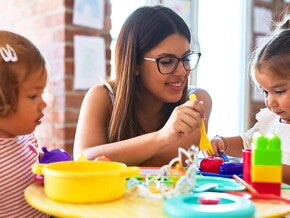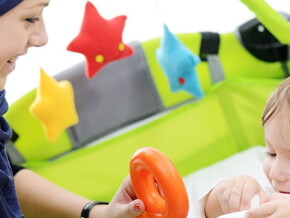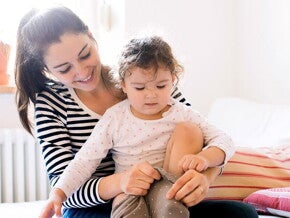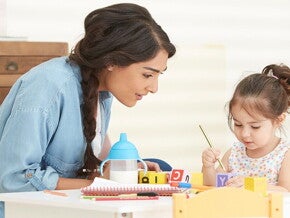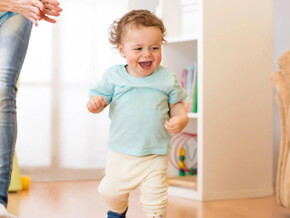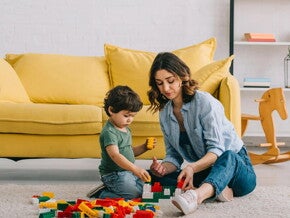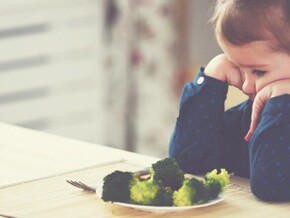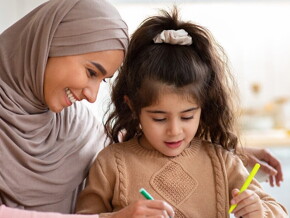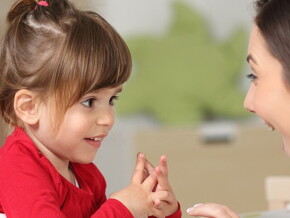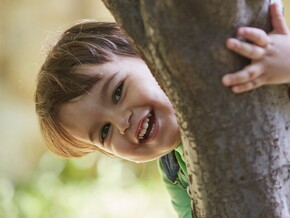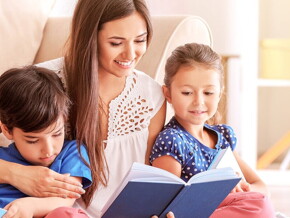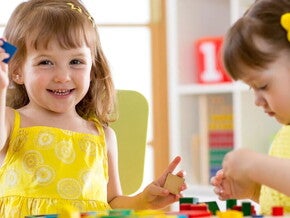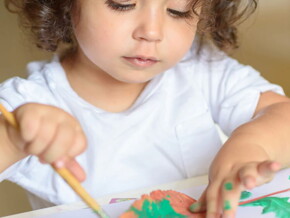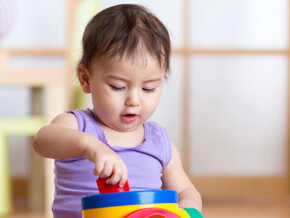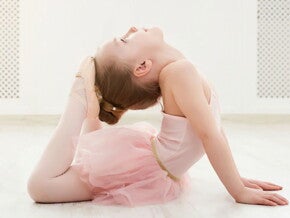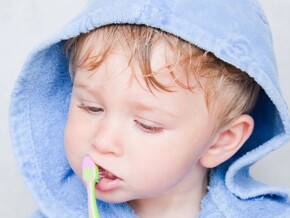
Learning – A Complex Process
There is an entire complex process that children constantly go through to get to those more evident ‘outcomes’ that are at times given more importance than the process of learning.
Observe, notice and recognize! Their goal is to succeed. Nurture them in their successful journey.
How do we know how and what children are learning?
Children, as early as when they are born, are naturally prone to and motivated to learn. Surely you have witnessed your baby moving their legs and arms, reaching, grasping, following movement with their eyes, turning, smiling, laughing, crying, talking, manipulating objects, balancing…and a lot more observations you can list from your own experience. All these behaviours are there for a reason. They are there to help them move to the next phase of their development. While these are ‘instinctive’, as your child grows, you as a parent have to create a ready environment for them to learn. Learning happens only when it’s given purpose.
How does our brain transport messages in the body?
Notice, recognise and nurture. Sound simple enough?
Here’s a breakdown: As experienced mums, you notice when your child is exhibiting a new a behavior and be present for them when you are interacting with them. When you notice, you want to be able to recognize that this is a learning behaviour. Recognising that learning is happening is the key ingredient to nurturing your child’s process of learning.
Example 1: Your Little Thinker is Learning: Your child loves to ask que stions. It’s one of the ways in which s/he can make sense of the world and their place in it. There may be a lot of questions…but questioning is a powerful tool for learning. Notice their process and logic, recognize your child’s personal desire to learn something. In this case, learning with and from you, whether intentional or not, can lead to more meaningful learning as well as to the development of richer communication and social skills. When you notice and recognize their desire to learn, you nurture the process and empower your child to feel in charge of their own learning.
Example 2: Your precious Explorer is learning: Your little toddler is crawling, reaching, climbing, trying to stand – basically discovering the world!! You may be overly concerned about safety issues, and perhaps rightly so. You cushion the house to make sure that your child does not get hurt. You may be distressed and making the s/he’s so naughty or it’s the terrible 2’s statements. Not likely! Your child is showing you that they have developed certain skills that will help them meet another major developmental milestone. And your child is outbound. The sooner you recognize and nurture their learning, the more confidence you build in your child.
Example 3: Your Curious Child is developing their imagination: You might be busy working, or doing chores and perhaps even getting frustrated to finish everything on time – sound familiar? Your child comes up to you enthusiastically and invites you for a tea party. “But there is no time!” As a result, your child may or may not exhibit distress, but leaves the tea party nonetheless and moves on to doing something else. This was a missed learning opportunity. The child was ready to learn – in a moment of self-initiated interest and motivation, your child was ready to dialogue, self-regulate, imagine, take on roles, problem solve through pretend play…it wasn’t a random moment nor was it a waste of time. It was a moment for learning. Recognise it and nurture it when you can. This journey is a lot more meaningful for your child if you accompany them.
Example 4: Your Leader is taking action: Your child sees another child needing help with something and approaches them to assist. Just then, another child comes in and tries to interfere with this interaction and your child does not allow them to. You might be surprised at your child’s behaviour and wish that s/he didn’t do that; but the truth is, your child identified a friend in need and was taking initiative to support them. Your child volunteered to do this act of kindness. Getting ‘blamed’ for not allowing the other child to interfere is an adult’s perspective. From a child’s perspective, s/he was taking on a lead role. Recognize this as a learning moment and nurture the leader in your child.
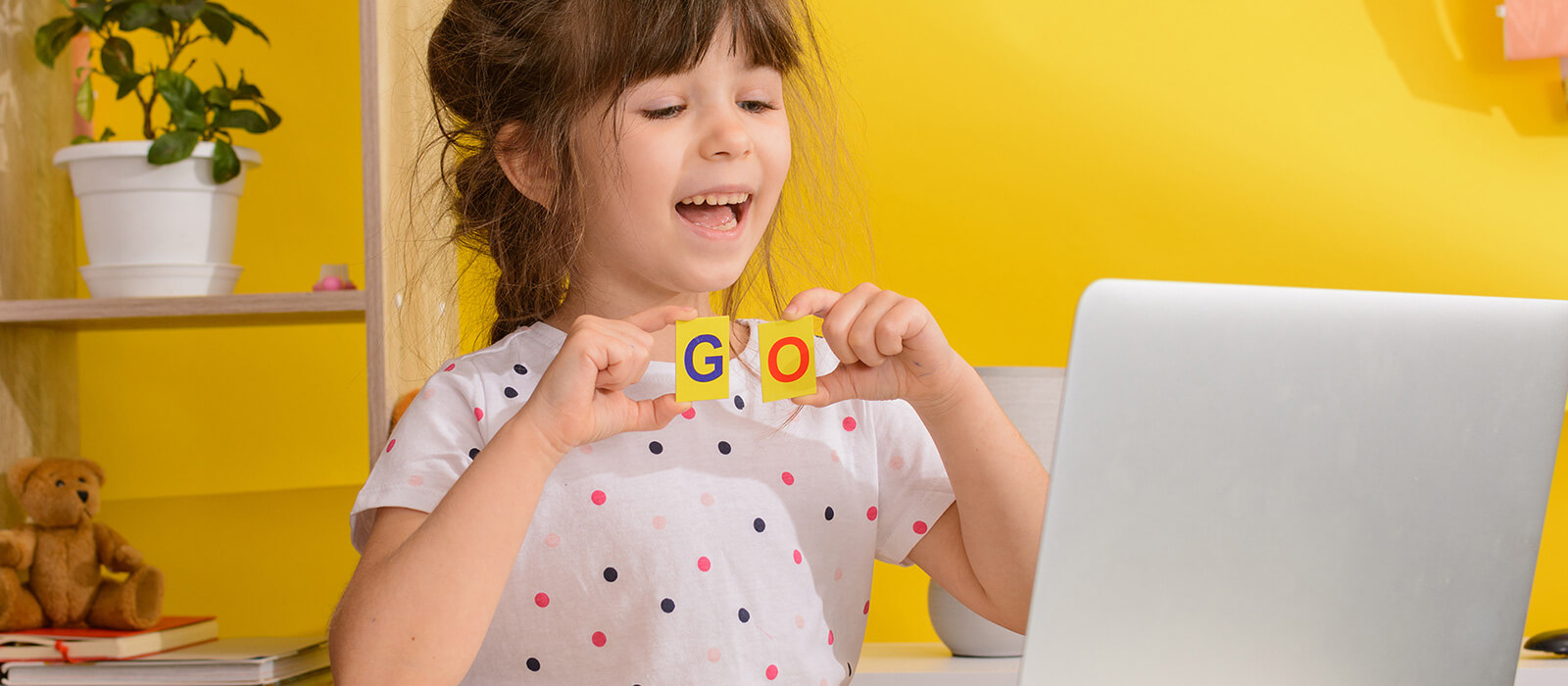
Dearest mums, the critical connection to your child’s learning is your engagement and feedback – consider that the child has a set goal in mind. The feedback you give tells your child (the learner) that their goals are valued, and importantly, the goals they set forth for themselves are acknowledged and nurtured. In turn, you build confidence and determination that their goal will be successfully completed.
You have to be consistently responsive to their goals as you observe and collaborate with them to achieve their goals. Focus on creating an enabling environment to allow your child to master skills and further their development. And remember – it’s a journey…you may not have the answers to everything; none of us do. But we have to allow ourselves the time to notice and recognize our children’s learning. Only then can we understand the complexity of the learning process.
